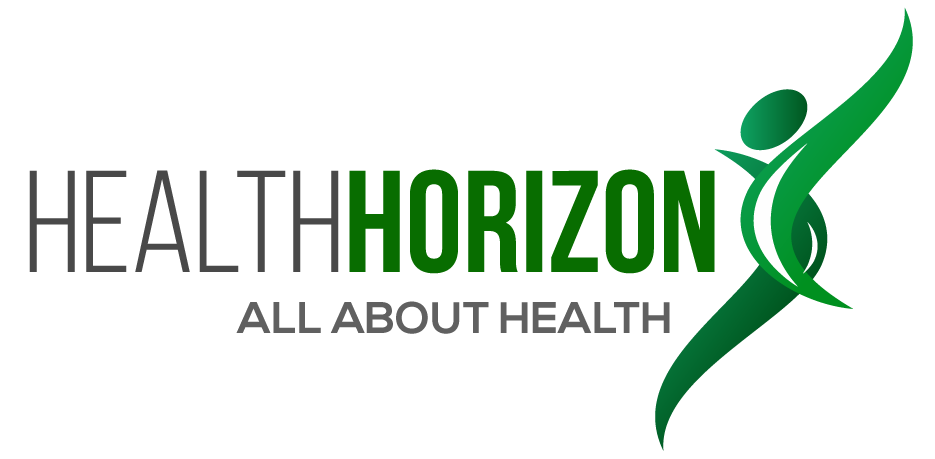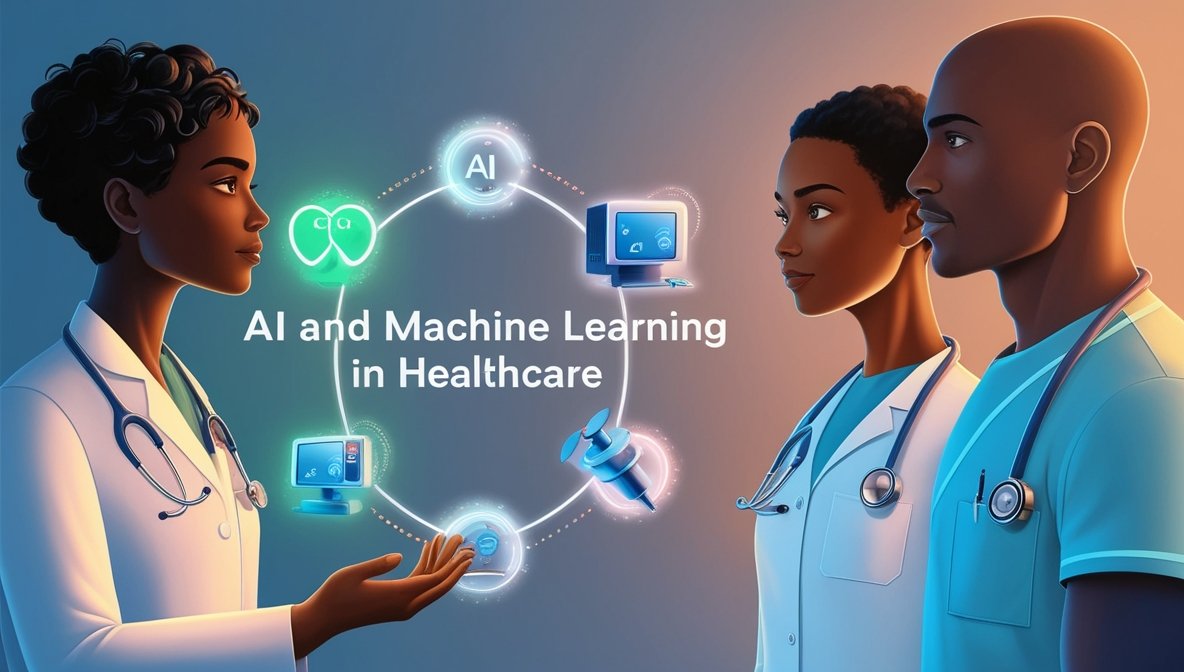AI and Machine Learning in Healthcare: How it is Changing Patient Care?
picture a future where ailments are detected before they progress, treatments are specifically designed for you, and your doctor can keep tabs on you from miles away swooping in at the very earliest hints of trouble. This is no longer science fiction -it’s the rapidly changing face of healthcare, driven by AI and ML. Here is a look at how advanced technologies are advancing patient care on every front.
Five Key Areas to Revolutionize Healthcare
1. AI’s Eagle Eye: Early Detection and Diagnosis Imagine a well-meaning but tired radiologist who has looked at too many scans to notice one tiny little thing. But AI doesn’t get tired. It scans images without complaint, noticing patterns that are too nuanced to be detected by the human eye.
“AI-guided diagnosis has demonstrated 99% accuracy in lung cancer detection, better than human radiologists. Stanford Medical Research
Read more about AI in medical imaging
2. Customised Treatment Plans: A Specialist Healthiest Blueprint
Times of one-size-fits-all treatments are gone with the wind. With the help of AI treatments, designed specifically for you just like your own fingerprint are orchestrated by analyzing vast amounts of data–from your genetics and lifestyle to medical history.
Story by Mary My doctor was able to find the perfect combination of medications for my chronic condition with a system powered by AI, sparing me years of trial and error. I feel like myself again at last!
3. Remote Patient Monitoring Is Your 24/7 Health Guardian
Welcome to the health watchdog, watching…! Today, this is already done with AI-powered wearables and smart devices.
Did you know? Predicting heart failure as much as 9 months in advance with accuracy is the future of AI-enabled wearable device data indicating hidden cardiac anomalies (headroom) More AI Health Monitoring Devices
4. From Years to Months: Speeding Up Drug Discovery
AI changes the game in using time effectively to come up with new treatments. It can iteratively analyst analyzens of molecular combinations, determining which ones are most likely useful
“AI enabled us to find a candidate treatment for COVID-19 in days — things that usaually would take years or months. — A prominent Researcher in the Pharmaceutical
5. Enhanced Administrative Efficiency: Less Paperwork & More Care
AI is fintuning hospital operations behind the curtain, starting from appointment scheduling and inventory management. This allows healthcare professionals to then concentrate on providing compassionate care that you, the patient deserve.
Who Benefits? Everyone!
For Healthcare Professionals: Access to the latest diagnostic and treatment tools.
Patient awareness and terminations: Disease diagnosis reduction, treatment development personalization, increase in quality of life
Health Informatics Survey Opinion: Researchers in the Health Field around gear up for faster discovery processes & access to rich new insights through Big Data Analysis
Healthcare Administrators – Better operational efficiency and resource allocation
Design for Public: Improved health and possibly decreased healthcare costs on a macro level
Navigating the Challenges
As large as the promise of AI in healthcare is, it comes with challenges:
Privacy: Your health data is personal. Encryption and access controls must be enforced.
Regulatory Hurdles: One of the jobs to be on a diet or lost weight in healthcare is going through regulatory bodies, and some are manageable reasons. There are strict requirements for the safety and performance of AI systems.
Compatibility : This consideration may seem somewhat dated but many hospitals are dealing with legacy systems. Integrating AI tools seamlessly is a complicated job.
Ethics: Who is responsible when an AI makes a mistake? Ensuring AI Advances Health Equity, and Doesn’t Perpetuate Biases in Healthcare by Luck
Get the Hotpots AI newsletter, and let’s talk about healthcare ethics-applied AI
Success Stories:
AI in Action More Accurate Cancer Detection: AI is now being used to better detect breast cancer than human radiologists, which leads to earlier interventions and outcomes.
Fewer Hospital Readmissions: The predictive AI models are enabling them to identify patients earlier and more effectively determine who might be at a higher risk for readmission so that they can intervene before such an event occurs.
By no means do I intend to run through everything each of these does but this myth is so inaccurate in relation to the Coved pandemic that it needs roundly debunking; “AI-sponsored” drug discovery: AI has helped find suitable candidates for vaccines by sifting (via its algorithms) vast data pert on potential molecular constructs.
Improved Telemedicine + AI-Driven Health Assistance: They allow remote access to healthcare and increase the efficiency of promoting health-related communication through text-based chat bots, or symptom checkers.
The Future is Now
The future of healthcare is upon us and the opportunities afforded by it are exhilarating yet humbling. Artificial Intelligence and Machine Learning should not be seen as tools they are our accomplices on the path to better health & a more extended life!
Imagine a future where:
It does not wait for diseases to come but prevents them from happening.
There is no one-size-fits-all type of treatment
Healthcare is available to you anytime, anywhere in the world
But the end of this future is more imminent than you may believe. Are you ready to embrace it?
Want to Resume Learning AI in Healthcare?
Explore AI Health Innovations
Keep in mind, for all of its strengths AI is no replacement for human healthcare professionals. Is it safe to take activate charcoal everyday Always seek the advice of your physician or other qualified health provider with any questions you may have regarding a medical condition.







